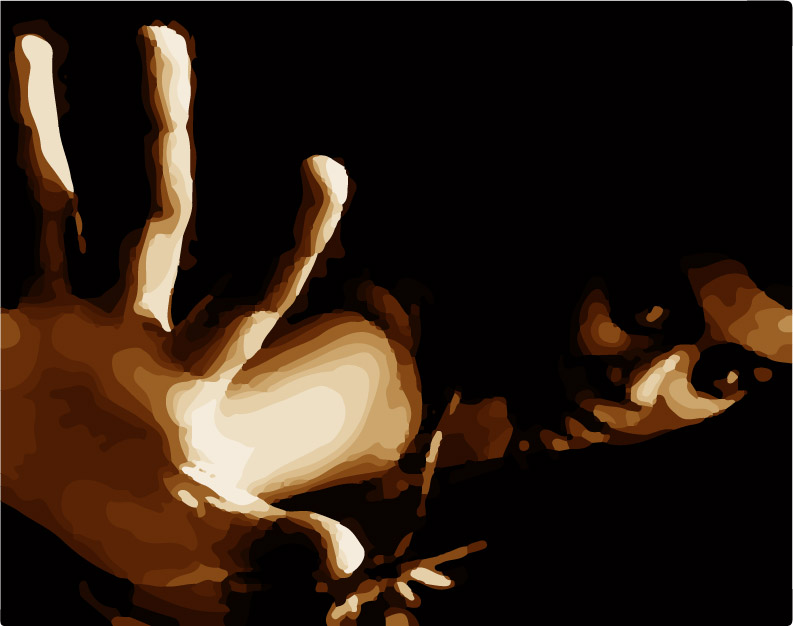Being unaware of your rights is as good as not having any
by Raeed Abd-Allah Chowdhury
After getting married, Bilkis was emotionally and physically abused by her in-laws for not bringing in enough dowry. The law in Bangladesh criminalizes the extraction of dowry from brides, but being ignorant of the law, she had no protection from such abuse.
Bilkis’ father was a landless labourer, and managed to scrounge up only part of her dowry at the time of his daughter’s marriage, promising to pay the rest over time. Bilkis subsequently faced constant pressure for the money soon after coming to her new home. Her in-laws would yell at her, spew verbal abuse, and even physically assault her on occasion. She was forced to go back to her parent’s house several times, until she eventually moving back.
A relative who was part of the Friendship’s Adult Literacy Programme implored Bilkis to seek advice at the Friendship Legal Information Booth. She took it upon herself to at the very least inquire there, doubtful about actually receiving any aid. Instead, Bilkis was made woefully aware of her rights and the protections that the state and justice system provide against domestic abuse, and how severely they had been infringed in her case.
Often, even if people of these extremely isolated communities are aware of their rights, they find it impossible to access justice because of the lack of access and the associated costs, particularly in these remote chars. To address this, the District Legal Aid Committee (DLAC) is the government committee made responsible for ensuring that legal expenses are covered for people who are too poor to afford them.

Paralegals at the booth explained to Bilkis, her husband, Humayun, and his family that extorting dowry is a criminal offence punishable by up to five years of imprisonment, and that they were all liable for their actions.
That worked, but only for a short while. The relationship was normal for about two months until Humayun and his family returned to their sense of invincibility from repercussions. Bilkis had no choice but to retreat to her father’s home, and promptly reported their relapsing behaviour to the paralegals she had met earlier.
This time the paralegals consulted the Friendship Civil Society Group, a committee of 20 influential persons including Union Council representatives, local landowners and senior citizens on any given char. The committee advised Friendship’s paralegals to proceed with whatever legal mechanism they deemed fit to solve the problem.
With support from Friendship’s paralegal team, Bilkis’s lawyer, Advocate Shariful Islam filed a criminal suit against Humayun and his parents under Sections 3 and 4 of the Dowry Prohibition Act 1980 in October 2016, along with another case was lodged in the Family court.
The DLAC bore Bilkis’s legal expenses, but she was too poor to even afford the boat fare and transport to get to Gaibandha town, which was in turn, covered by Friendship. The following legal proceedings took several months before any outcome could be reached. During this time Humayun’s mother died and Bilkis had a second son.
Humayun was arrested in March 2017, and refused bail multiple times. Eventually, Humayun’s family realized how serious the case was, and agreed to write ten decimals of land in Bilkis’s name to have the charges dropped. Humayun admitted in court that he had unknowingly mistreated his wife, and caused for her to be abused by his family.
“Usually, after a family becomes aware that they might go to jail for extracting dowry, their behaviour changes,” says advocate Moniruzzaman at Friendship’s Head Office, in the capital, Dhaka. “However, Bilkis’ in-laws were particularly noncooperative, and we had to take measures accordingly”
On chars where Friendship has set up a legal booth, the local community has slowly become more aware of their rights and responsibilities as citizens. Knowledge of their rights empowers individuals to live with dignity and hope when faced with difficulty.

